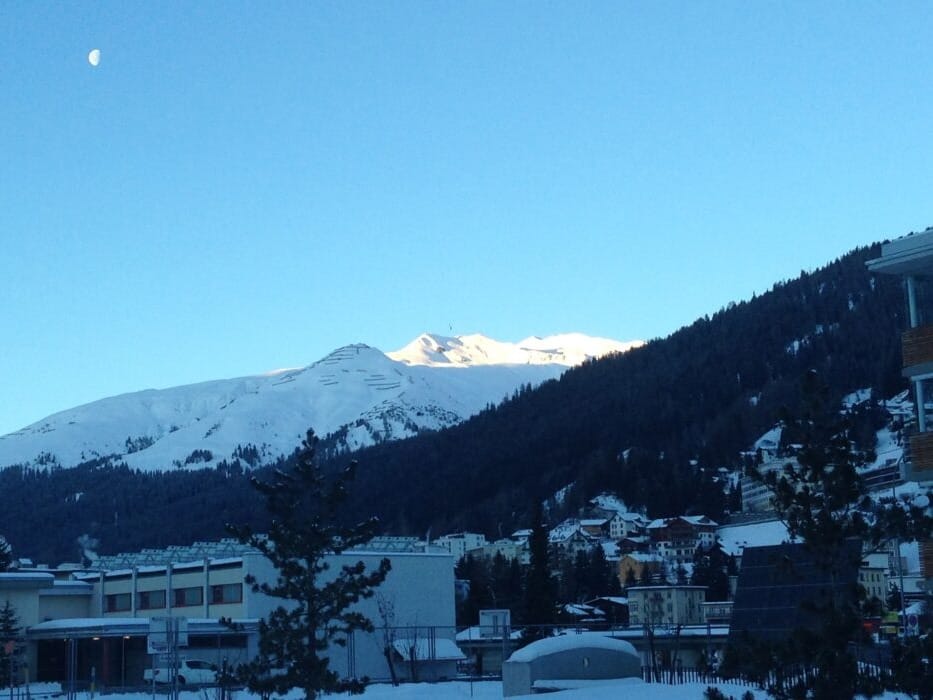GENEVA (AN) — Melting glaciers, rising seas and a growing divide between "winners and losers" of globalization top the World Economic Forum's priority items this year in Switzerland's mountain resort of Davos.
More than 3,000 political, business and cultural elites will descend on the Swiss ski town for next week's open and closed sessions, swanky parties and private meetings on the sidelines. The theme of this year’s gathering is "Globalization 4.0: Shaping a Global Architecture in the Age of the Fourth Industrial Revolution,” referring to artificial intelligence and robotics.








